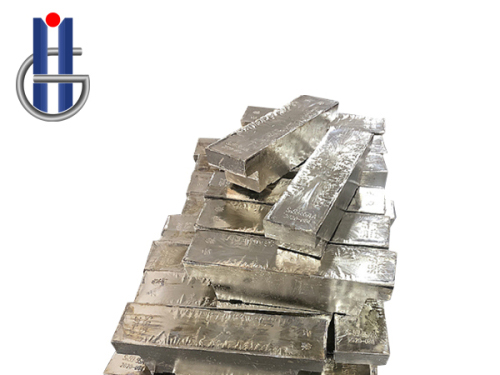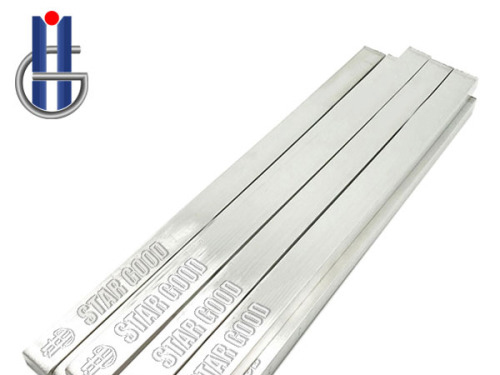High melting point solder refers to solder alloys that have a melting point significantly higher than traditional solders, which typically melt at relatively low temperatures. Traditional solders, like tin-lead (Sn-Pb) eutectic alloys, have relatively low melting points, making them suitable for electronics and other applications where lower heat is desirable.
High melting point solders are often used in situations where the elevated operating temperatures require a solder with a higher melting point to ensure stability and reliability. Some examples of high melting point solder alloys include:
Lead-Free Alloys:
Silver-Based Alloys: Examples include silver-copper-zinc (Ag-Cu-Zn) alloys, which have higher melting points compared to traditional tin-based solders.
Copper-Based Alloys: Alloys such as copper-silver-phosphorus (Cu-Ag-P) have higher melting points and are used in high-temperature applications.
Bismuth-Based Alloys:
Bismuth-Tin Alloys: Bismuth-tin (Bi-Sn) alloys can have higher melting points, making them suitable for applications where a higher heat resistance is required.
Antimony-Based Alloys:
Antimony-Tin Alloys: Antimony-tin (Sb-Sn) alloys can have elevated melting points and are used in situations where a higher-temperature solder is necessary.
High-Temperature Lead-Based Alloys:
Lead-Based Alloys with Higher Melting Points: Some lead-based alloys, often used in specific applications, may have higher melting points compared to standard tin-lead solders.
Applications of high melting point solders are diverse and may include:
Automotive Electronics: Where components may be subjected to high operating temperatures.
Aerospace Electronics: In environments with extreme temperature variations.
Power Electronics: In devices that generate significant heat during operation.
High-Temperature Sensors: For applications where solder joints are exposed to elevated temperatures.
Certain Industrial Equipment: Where soldered connections need to withstand high temperatures.
It's important to note that the choice of solder depends on various factors, including the specific application, the materials being joined, and the required performance characteristics. Additionally, the use of lead-free solder has become more prevalent due to environmental and health considerations.


 High Purity Tin Ingot: Crucial Applications and Benefits
High Purity Tin Ingot: Crucial Applications and Benefits
 Pure Tin Ingot: Essential Material for Diverse Industrial Applications
Pure Tin Ingot: Essential Material for Diverse Industrial Applications
 Unlocking the Potential of Pure Tin Bars: Essential Components for Diverse Industries
Unlocking the Potential of Pure Tin Bars: Essential Components for Diverse Industries
 Lead Bar for Sale: Uses, Specifications, and Buying Considerations
Lead Bar for Sale: Uses, Specifications, and Buying Considerations